Dogecoin, the original meme coin, is quietly entering a new technical chapter. In a surprising and significant move, Dogecoin developers have proposed the integration of zero-knowledge proofs (ZKPs) into the Dogecoin network — a feature more commonly associated with privacy-focused or Layer-2 smart contract platforms like Zcash and zkSync.
While Dogecoin has always leaned into its fun and community-driven culture, this new proposal shows that the team is serious about evolving the blockchain’s core functionality. So what does this proposal mean for Dogecoin’s future, and why is it important now?
Understanding Zero-Knowledge Proofs in Simple Terms
Zero-knowledge proofs allow one party to prove something is true without revealing the actual information behind it. In the context of blockchain, ZKPs can be used to validate transactions, identities, or smart contract interactions without disclosing sensitive details to the public ledger.
This means users can send transactions that are verified by the network but remain private, protecting information such as balances, transaction amounts, and wallet addresses.
ZKPs are already used in advanced privacy networks like Zcash, and they are forming the foundation of Ethereum Layer-2 scaling solutions that aim to compress transaction data, reduce fees, and protect user privacy.
Why Dogecoin Is Considering ZKPs
Dogecoin’s infrastructure has remained relatively simple since its launch in 2013. It was designed as a light-hearted, low-cost alternative to Bitcoin, without the complexities of smart contracts or advanced privacy features. But times have changed.
With increased adoption, more financial use cases, and growing interest from developers and institutions, the need for greater privacy and scalability is becoming clear.
Here’s why the Dogecoin developer community is looking at ZKPs:
- Privacy Enhancement: As Dogecoin becomes more than a meme, users may want better protection over their financial data.
- Modernization: Dogecoin needs to stay competitive with other Layer-1 and Layer-2 blockchains that already offer privacy and scalability features.
- New Use Cases: ZKPs could enable Dogecoin to explore decentralized finance (DeFi), anonymous tipping, or private microtransactions — all aligned with its low-fee ethos.
What This Could Mean for Dogecoin Users
If zero-knowledge proof functionality is implemented, users would see stronger privacy protections baked into their transactions. Instead of every transaction being permanently public, users could choose to send or receive DOGE ($0.19) without broadcasting key details.
This opens the door for:
- Private payments and peer-to-peer tipping
- More secure donations and fundraising tools
- Integration with privacy-focused wallets or dApps
It could also attract new developers and potentially spark integrations with privacy-centric platforms or financial apps that currently avoid DOGE due to its lack of privacy layers.
Is Dogecoin Becoming More Than a Meme?
The ZKP proposal follows a pattern of quiet but meaningful technical upgrades within the Dogecoin community. In recent years, developers have improved network synchronization, node stability, and wallet usability — all signs that Dogecoin is maturing.
This new proposal signals a shift in tone. The devs are no longer just maintaining the chain — they are looking to evolve it. While DOGE will likely always carry its meme-driven brand identity, its underlying technology is becoming more serious and more sophisticated.
By adding zero-knowledge functionality, Dogecoin can start participating in conversations around privacy, scalability, and advanced use cases, which were previously reserved for more technical chains like Ethereum, Polygon, or Avalanche.
Read Also: Why Whale Accumulation Could Trigger SHIB ($0.00)’s Next Price Explosion
Potential Challenges Ahead
Integrating zero-knowledge proofs is no small task. It requires significant protocol changes, cryptographic expertise, and broad consensus from the community. Some challenges to consider include:
- Compatibility: Ensuring ZKP features don’t conflict with Dogecoin’s existing architecture.
- Complexity: Introducing advanced features may alienate less technical community members.
- Regulatory concerns: As privacy features expand, regulators may pay closer attention to how DOGE is used, especially in certain jurisdictions.
These hurdles mean the process will take time, but the fact that it’s even being proposed shows just how far Dogecoin has come.
Final Thoughts
Dogecoin’s proposal to implement zero-knowledge proofs marks a significant shift in its development narrative. What started as a meme has now become a top-10 crypto asset exploring privacy tech that could rival some of the most advanced chains in the space.
If the community supports the move and developers can execute the integration successfully, Dogecoin could expand its utility far beyond memes and tips. It could evolve into a modern, privacy-friendly currency that combines its trademark simplicity with next-generation security.
For long-time supporters and new investors alike, this is a story worth watching. Dogecoin is growing up — and it might just be doing it on its own terms.
The post Dogecoin Developers Propose Zero-Knowledge Proofs: What This Means appeared first on FXcrypto News.









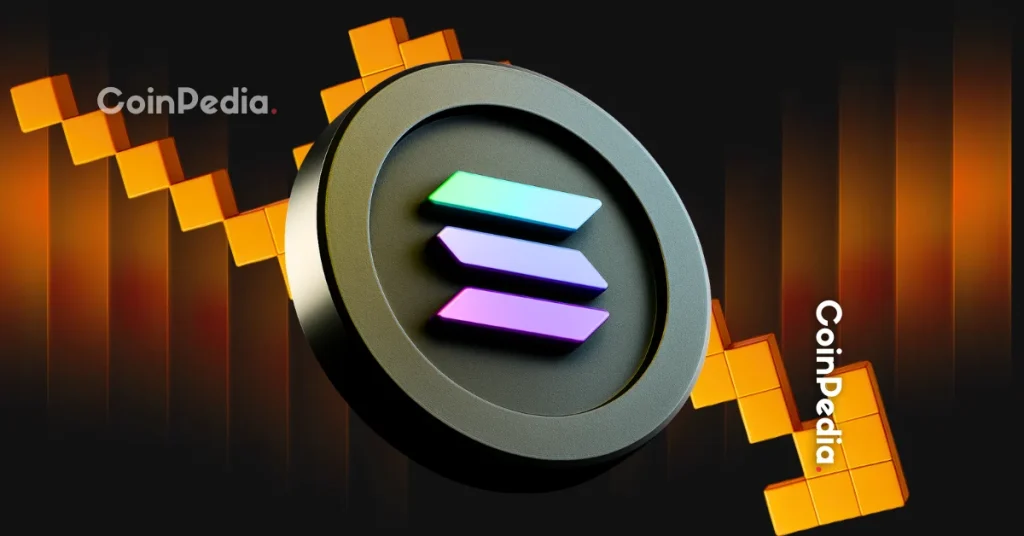
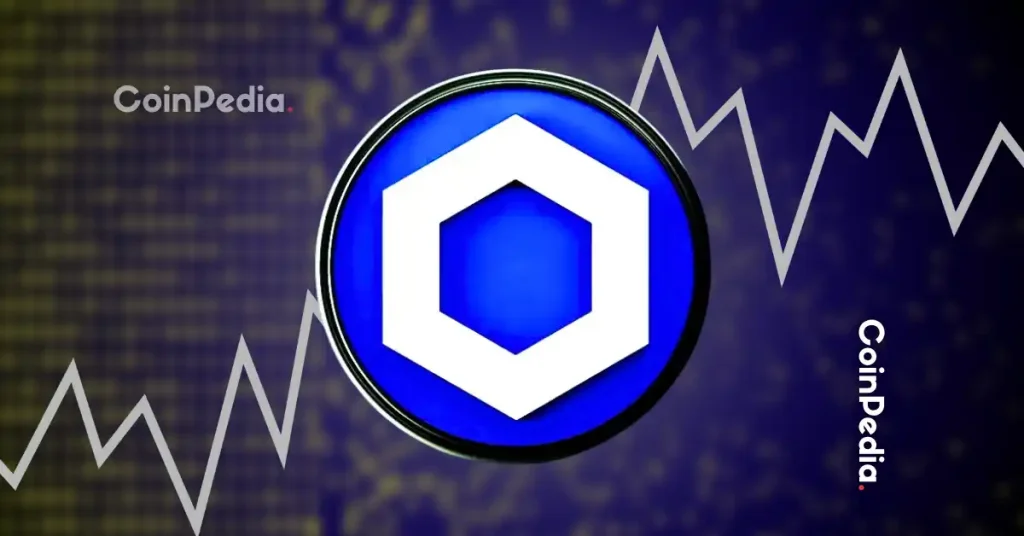




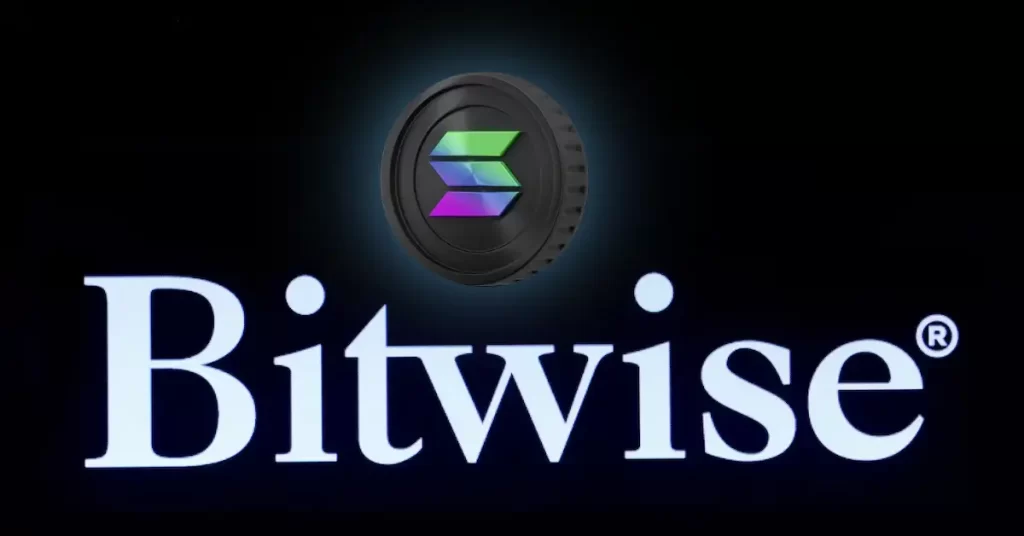










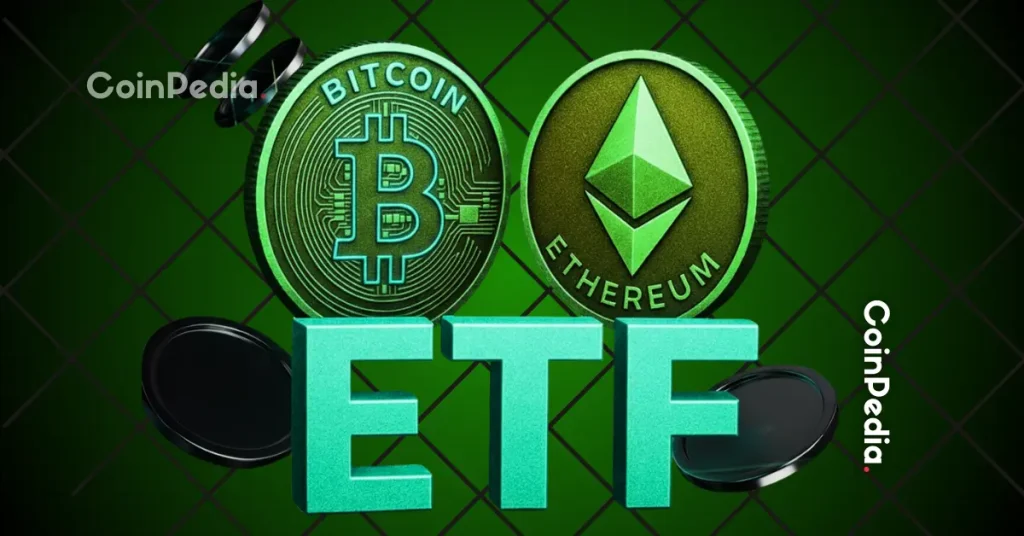
 24h Most Popular
24h Most Popular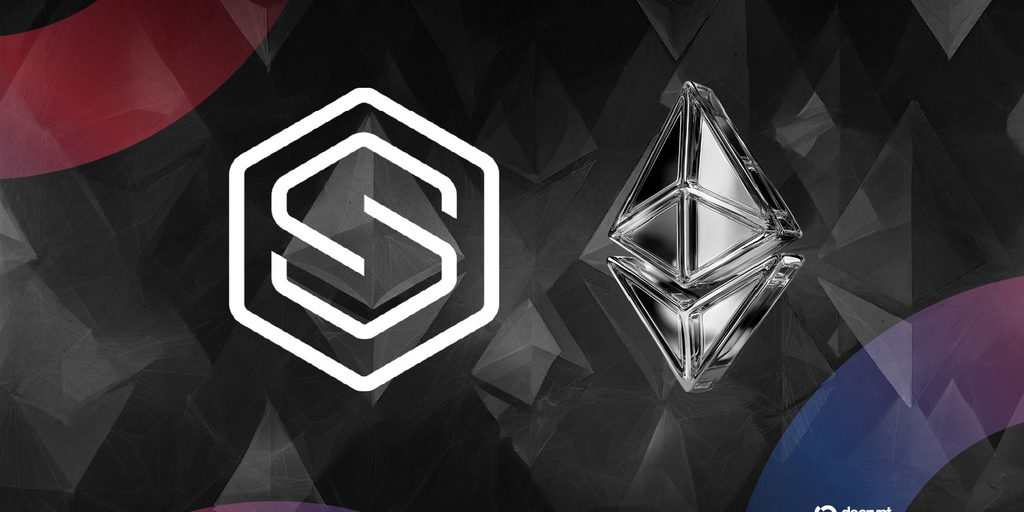
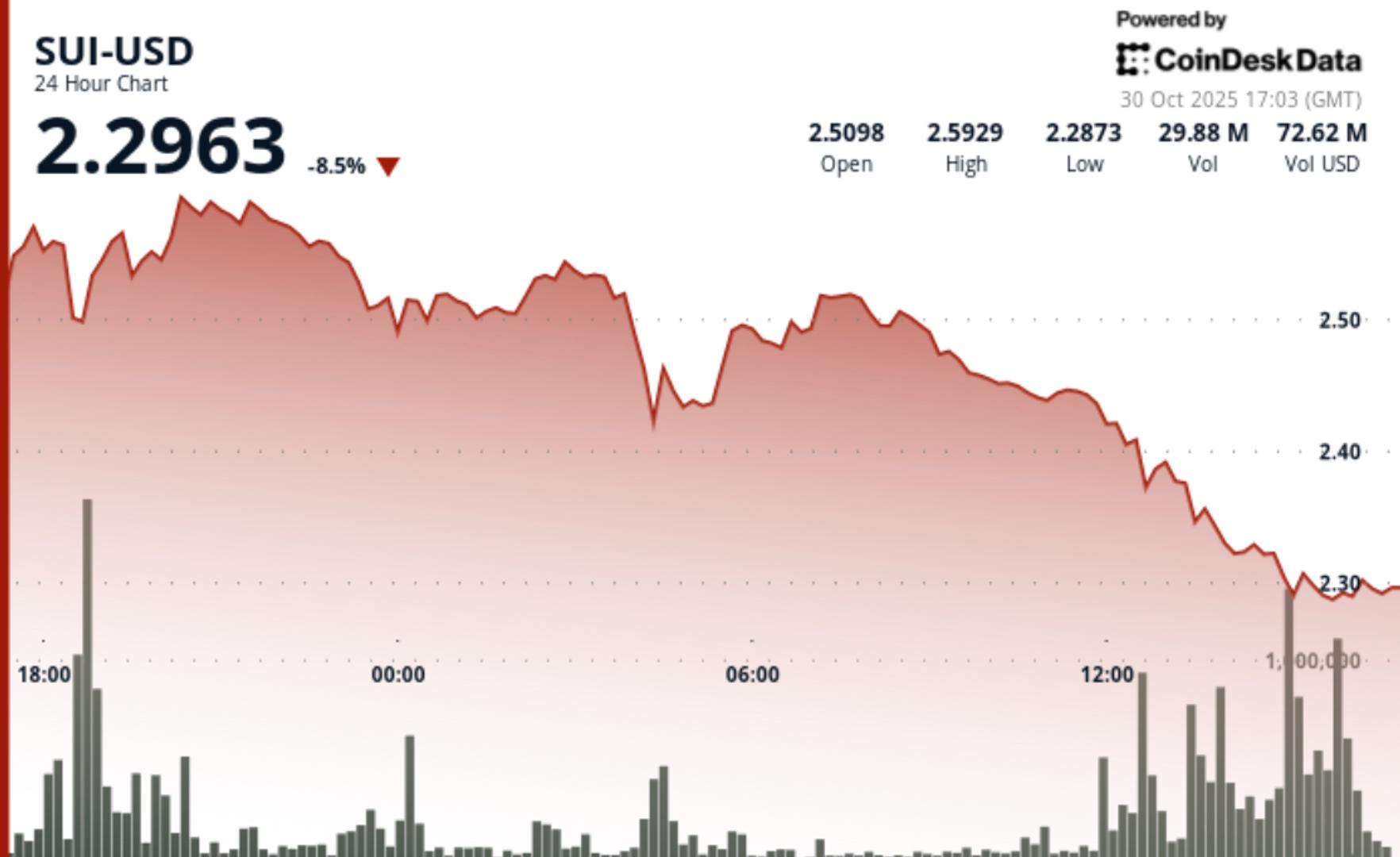


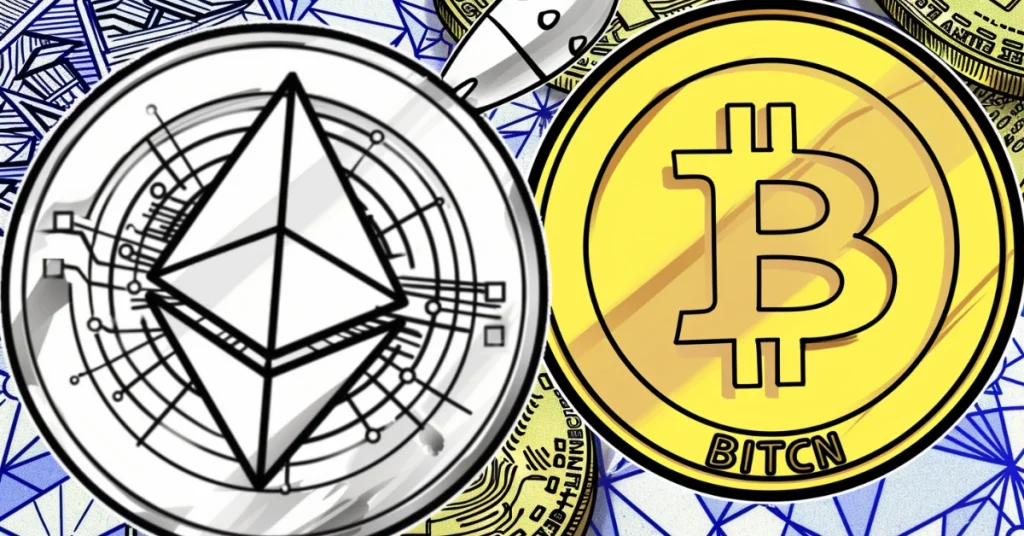

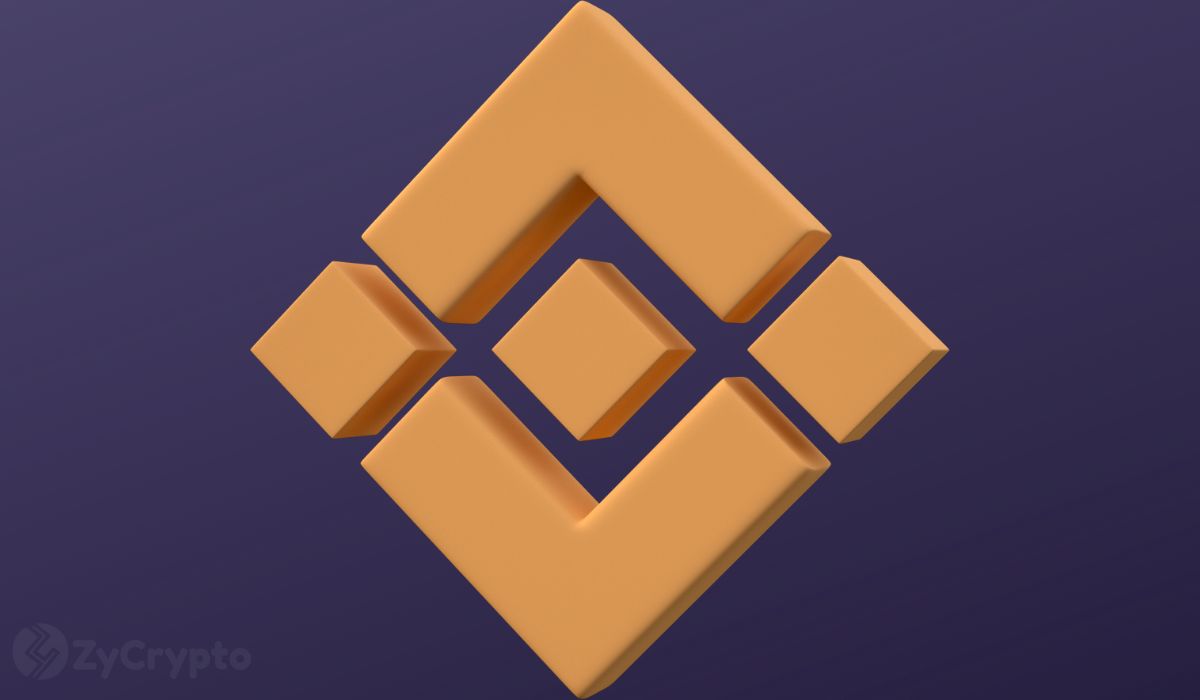


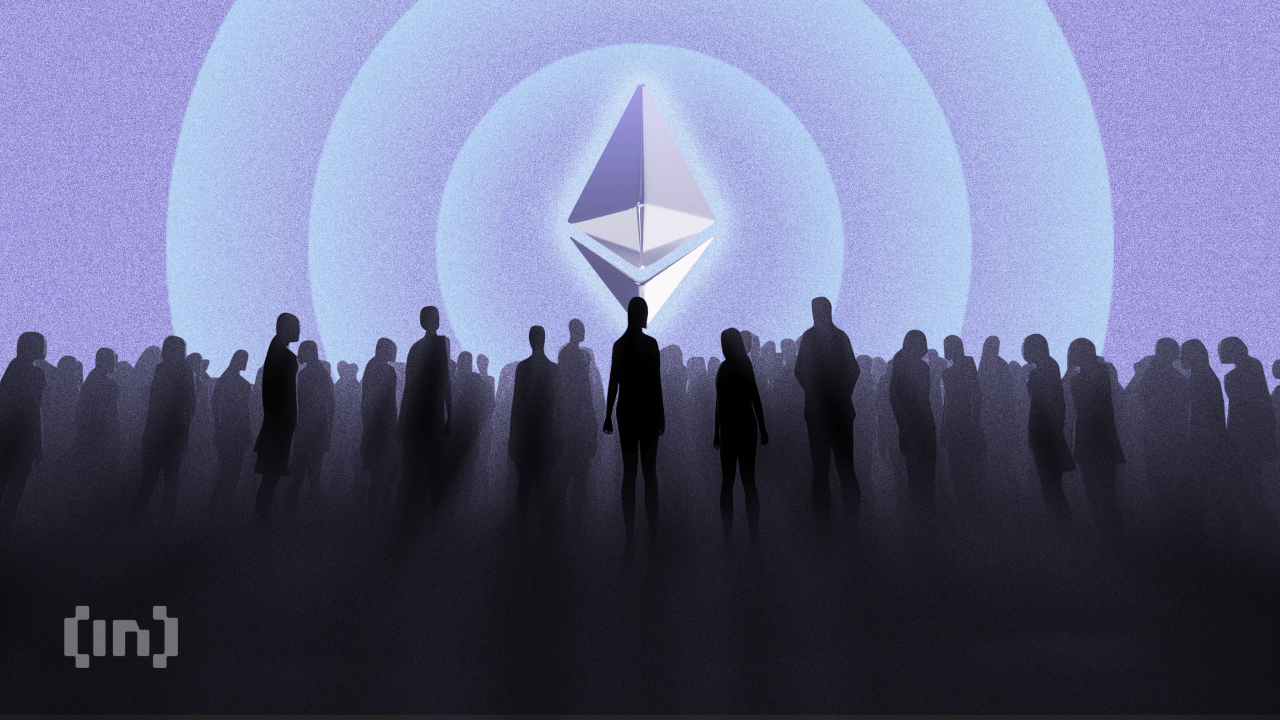
 Utilities
Utilities